
Amid Growing Chinese Influence, US High Officials Arriving Nepal after Meeting Dalai Lama
Has the US Been Afraid of Tibetan Affairs and Expansion of Influence?
Amid China’s growing influence in Nepal, US high-ranking officials, including the Assistant Secretary of State and officials responsible for Tibetan affairs, are visiting Nepal after meeting the Dalai Lama.
At a time when confusion has gripped Nepal’s diplomatic circles as China is saying that the Belt and Road Initiative (BRI), Global Security Initiative (GSI) and Global Culture Initiative (GCI), which are ambitious and disputed by China’s President Xi Jinping, have been implemented in Nepal as well, US officials are visiting Nepal , a country who says itself in a favor of One-China policy.
China’s Ambassador to Nepal Chen Song, in various public events has stated that Nepal has participated in BRI, GSI and GCI.
Currently, China is expanding its political, economic, social, security and cultural influence in Nepal. It has excelled in airspace, digital currency and business with the Nepali Army. For this, it is not only creating a working environment for the aircraft companies, arms and equipment manufacturing companies under his control, but also increasing the unwanted pressure to Nepal. Recent examples of this include WeChat money, Pokhara aiport, arms and equipment purchase deal with the army. Similarly, the Dragon Race, which is nothing but a strategy to gain influence in Nepal, is not hidden from anyone.
This visit of American officials, who have made the Indo-Pacific region a focal point, is being closely observed with great significance.
Prime Minister Pushpa Kamal Dahal, who claims to have parallel relations with India, China and America, the activities of Prachanda’s cabinet ministers and his political bureau and advisory committee are the exact opposite of this.
China Condemns US Meeting with Dalai Lama
Amid the intensifying rivalry between China and the United States, Beijing has strongly criticized Washington for holding a meeting with the revered Tibetan spiritual leader, Dalai Lama. The Chinese embassy’s spokesperson to India, Wang Xiaojian, lambasted the meeting between U.S. special coordinator for Tibetan issues, Uzra Zeya, and the Dalai Lama.
On Sunday, US Diplomat Donald Lu, US ambassador to India Eric Garcetti, US Special Coordinator for Tibetan Issues Uzra Zeya , paid a visit to the Dalai Lama to convey her good wishes on his 88th birthday. Other US diplomats were also present. All were wearing Khata, a traditional ceremonial scarf in Tibetan Buddhism. The meeting took place during her trip to India, and it marked an important occasion for the Tibetan spiritual leader. However, China swiftly responded by condemning the meeting through a tweet from the Chinese embassy’s spokesperson.
Wang Xiaojian expressed strong disapproval of the U.S. meeting with the Dalai Lama, stating that Tibetan affairs are “purely internal” matters for China.
“Xizang(Tibet) affairs are purely internal affairs of China and no external forces have the right to interfere. China firmly opposes any form of contact between foreign officials and the “Tibetan independence” forces,” Xiaojian wrote on Twitter on Monday. In his long Twitter thread, he described the meeting as “pure offence” and stated that Dalai Lama is not a religious figure but a “political exile”. “The so-called “Special Coordinator for Tibet Issues” is pure offence and a move of political manipulation to interfere in China’s internal affairs and undermine Xizang’s development and stability. China has always been firmly opposed to this and has never recognised it,” the Chinese diplomat remarked. “The 14th Dalai Lama is by no means just a religious figure, but rather a political exile who has long been engaging in anti-China separatist activities and attempting to split Xizang from China,” he added.
Xiaojian urged Washington to take “concrete actions” over the issue and acknowledge Xizang (Tibet) as part of China. He emphasised that the Tibetan government-in-exile is nothing but a “political separatist group” that is violating the Chinese constitution.
Washington expresses its commitment to Tibet’s religious identity
Zeya, who was appointed as the special coordinator for Tibetan issues in December 2021, met the spiritual leader earlier this month.
During her meeting in New Delhi, the US diplomat wished the spiritual guru his 88th birthday and reaffirmed Washington’s commitment to safeguard Tibet’s religious identity.
“His Holiness’s kindness and humility serve as an inspiration to many around the world, and I have deep admiration for his ongoing commitment to peace and nonviolence. Today, may we reflect on his messages of compassion and tolerance as we reaffirm our commitment to upholding the human rights of all people, including those of the Tibetan community,” the US Department of State said in a statement ahead of the meeting.
“The United States is unwavering in our commitment to support the linguistic, cultural, and religious identity of Tibetans, including the ability to freely choose and venerate their religious leaders without interference,” the statement further reads.
The US envoy is on a 7-day visit to India and Bangladesh. On Sunday, the US official expressed her intentions of conducting productive meetings with Indian government officials and civil society leaders over wide-ranging issues. “Namaste, New Delhi! Look forward to productive meetings with the Government of India & civil society leaders building on the momentum of @narendramodi’s historic State Visit. Together, we are working toward a world that is more open, prosperous, secure, inclusive & resilient!,” Zeya wrote on Twitter.
Namaste, New Delhi! Look forward to productive meetings with Government of India & civil society leaders building on momentum of @narendramodi’s historic State Visit. Together, we are working toward a 🌎 that is more open, prosperous, secure, inclusive & resilient! pic.twitter.com/fsII6pZEeN
— Under Secretary Uzra Zeya (@UnderSecStateJ) July 9, 2023
How does China view the Dalai Lama?
Dalai Lama is the spiritual leader of Tibetan Buddhists and a Nobel laureate. Born as Lhamo Thondup on June 6, 1935, he was identified as the 14th incarnation of the Dalai Lama two years later and was moved to the holy city of Lhasa, the capital of Tibet.
In October 1950, thousands of Chinese soldiers marched into Tibet and declared it to be part of China. Over the next few years, Beijing tightened its grip on Tibet, and resistance to its rule began to spread.
As the situation became increasingly volatile, the Dalai Lama fled his land of birth to neighbouring India in 1959.
Then Prime Minister Jawaharlal Nehru granted him political asylum and he has been living in the McLeodganj area in Himachal Pradesh’s Dharamshala ever since. The Tibetan government-in-exile has its headquarters here.
China has in the past accused Dalai Lama of indulging in “separatist” activities and trying to split Tibet and considers him a divisive figure.
However, the Tibetan spiritual leader has insisted that he is not seeking independence but “genuine autonomy” for all Tibetans.
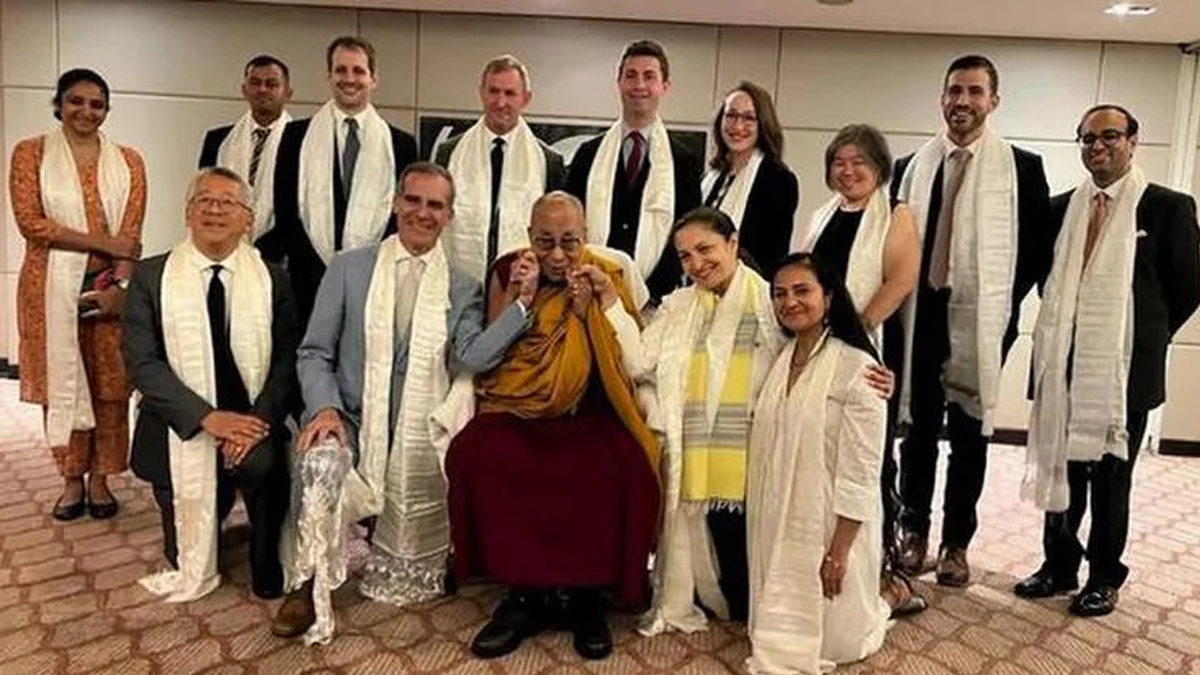


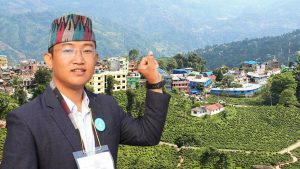
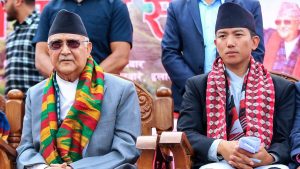
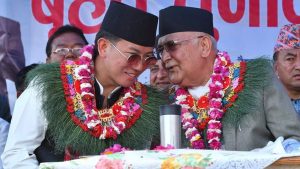
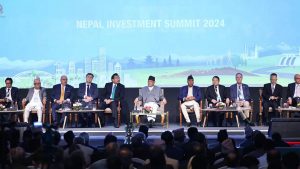
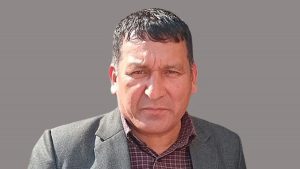
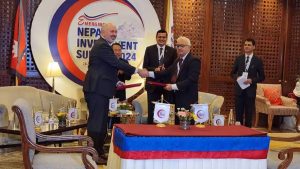






Comments